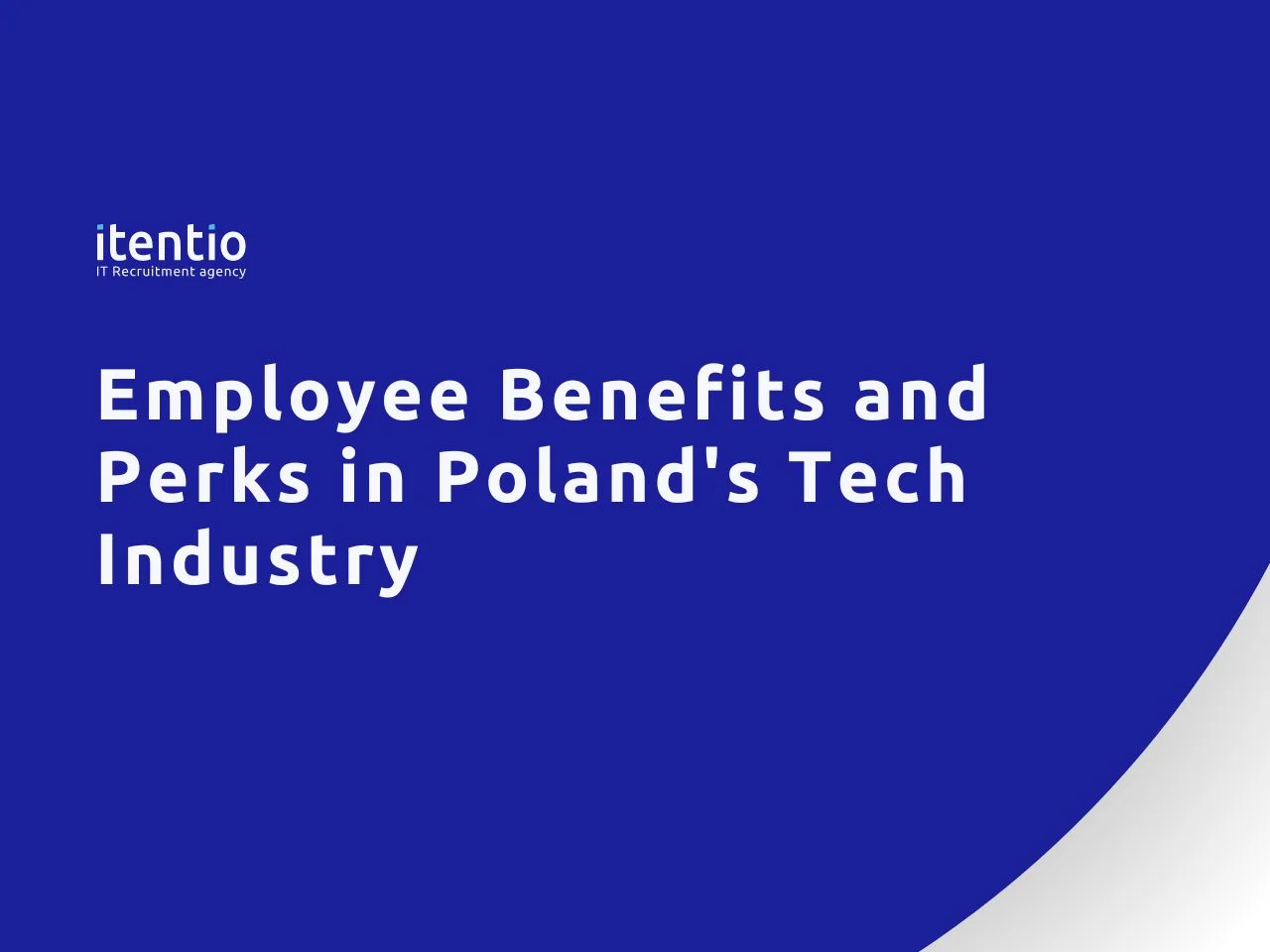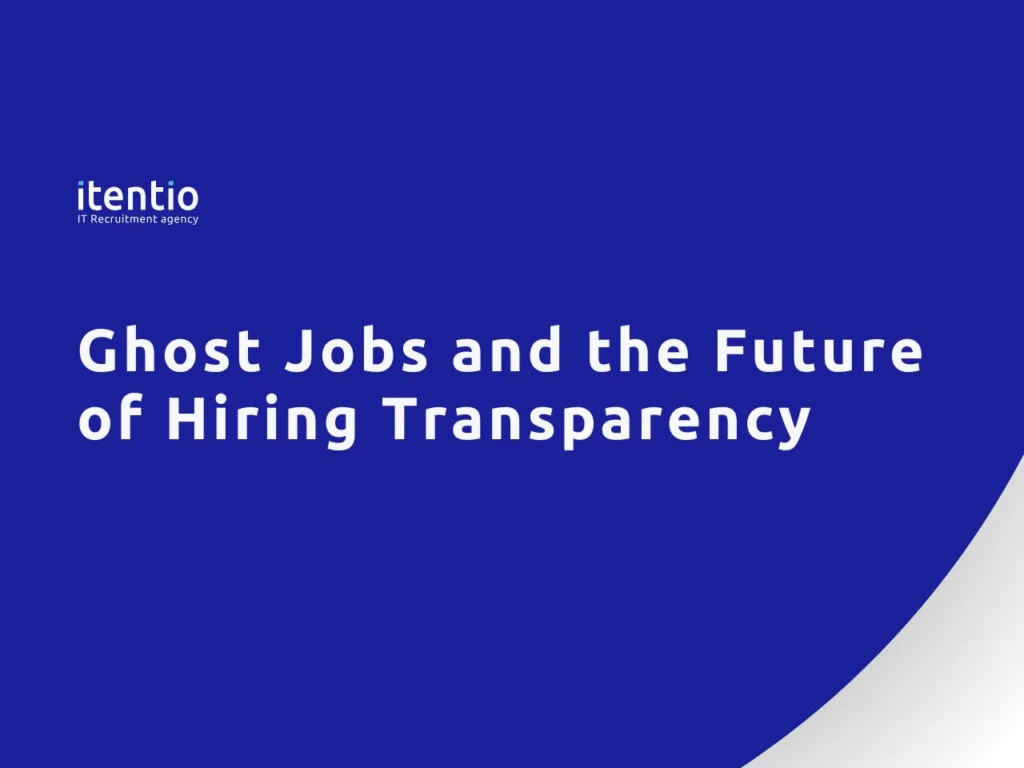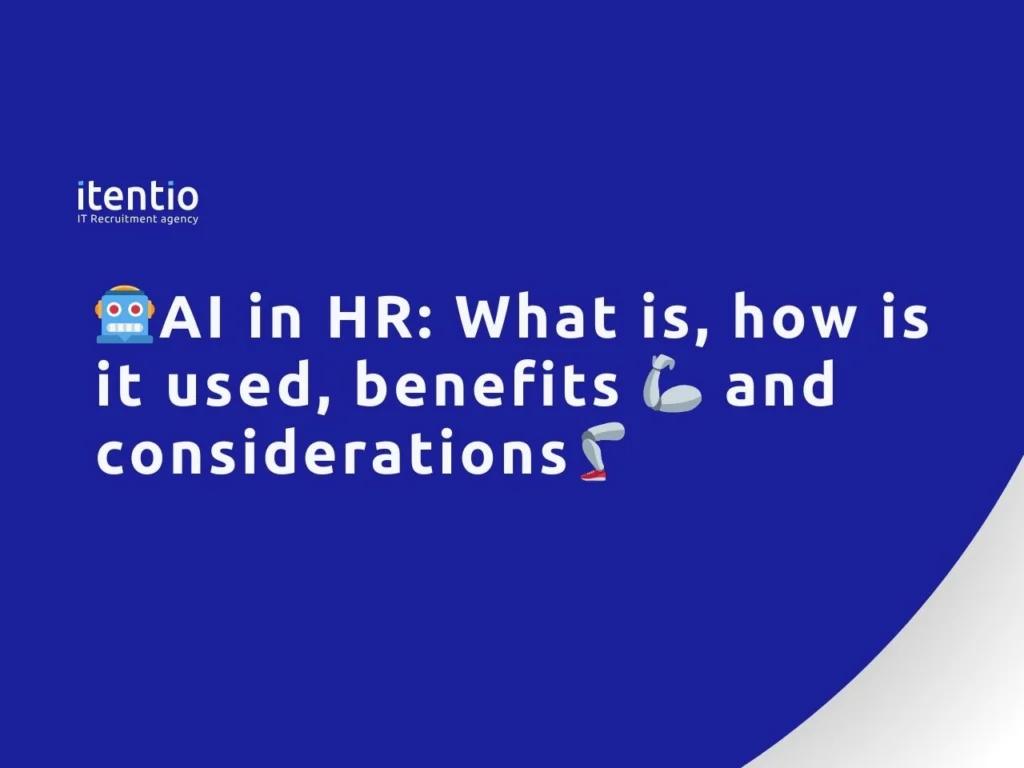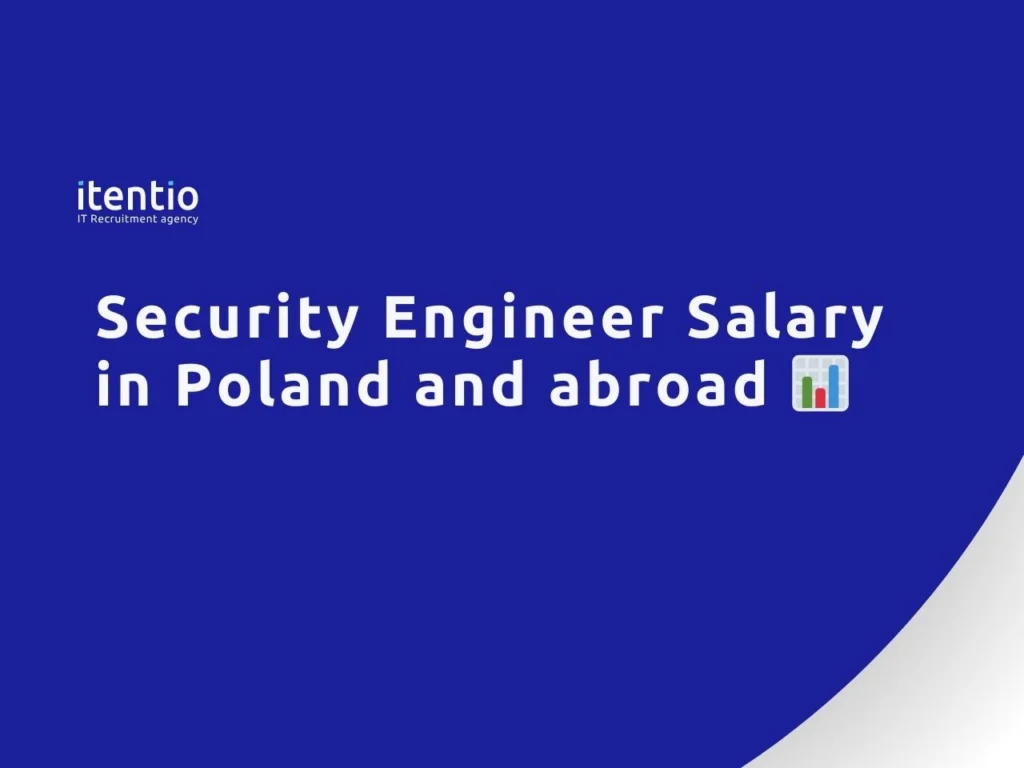Poland’s IT sector is booming, and with it comes fierce competition for top talent. Companies are increasingly recognizing that a comprehensive benefits package is not just a perk—it’s a necessity. This article delves into the diverse benefits shaping the Polish IT recruitment landscape. We will consider both mandatory provisions and optional perks that make working in Poland attractive.
Mandatory Benefits: The Foundation of Employee Satisfaction
The benefits mentioned below are based on the Polish employment contract.
- Paid Annual Leave and Public Holidays: Employees enjoy at least 20 days of paid annual leave per year, which can increase to 26 days based on the employee’s working experience. Moreover, 13 public holidays in Poland are applied, ensuring well-deserved breaks throughout the year.
- Parental Leave: New parents, including fathers, are entitled to generous parental leave. This provision supports the work-life balance and family well-being of employees.
- Paid Sick Leave: Employees receive paid sick leave (80% or 100% paid) in cases of illness or injury. The duration and compensation for sick leave vary depending on the reason for absence and length of service, ensuring financial security during challenging times.
- Social Security: The Social Security system covers employees and provides pensions and disability benefits, enhancing long-term financial security.
- Medical Care: Access to the public health system ensures that employees have their health needs well cared for, promoting a healthy and productive workforce.
- Contribution to Pension Plan (PPK): Employers can contribute to an employee’s pension plan, known as PPK (Pracownicze Plany Kapitałowe), ensuring employees’ financial stability in retirement.
- Employee’s Compensation Insurance: Coverage for workplace accidents and injuries safeguards employees in the event of unforeseen incidents, reinforcing job security.
B2B Contractors in Poland: Navigating Their Benefits and Perks in a Flexible Work Environment
International employers should consider providing a benefits package to B2B contractors in Poland to ensure their offer is attractive. Even though these perks are not mandatory by the nature of such contracts in Poland, it is still possible to provide contractors benefits based on the agreement’s statements.
Offering benefits to B2B contractors in Poland can help build loyalty, trust, and better connection with your business, particularly in remote work mode.
However, the company entering contractual cooperation on B2B in Poland should be careful about what type of benefits it states in the agreement, as some of them, like paid vacations, are better to exclude from the B2B agreements. It is highly recommended that you consult with your local IT recruitment partner in Poland if the company uses agency services or is an employer of record providers.
Common Optional Benefits: Enhancing Poland’s IT Appeal
In addition to these mandatory benefits, a lot of employers are ready to go the extra mile to attract and retain top talent in Poland, offering their employees and contractors a range of optional benefits that include:
- Private Medical Healthcare: A staple in the Polish IT industry, private healthcare access is a standard most companies offer. It ensures employees receive prompt and high-quality medical services.
- Sports Cards: Sports cards are a popular perk that encourages a healthy lifestyle. They grant access to various fitness facilities and activities.
- Professional Development: Companies often allocate budgets for training and certifications, empowering IT professionals to advance their skills and stay abreast of technological advancements.
- Remote Work: Remote work’s flexibility is highly valued, allowing employees and B2B subcontractors to maintain a comfortable work-life balance.
- Flexible Working Hours: Adapting work hours to accommodate the personal needs and responsibilities of the employee or B2B contractor.
Additional Perks in Poland: Tailoring the Employees and Contractors Experience
Hardware and Home Office Budgets: Companies provide allowances for B2B contractors to select their preferred hardware (e.g., the latest MacBook, additional monitors, company’s phone) and set up ergonomic home offices (a comfortable chair, table, etc.) to recognize the shift towards remote work.
An incentive of stock options or performance-based bonuses: Startups and SMEs often offer stock options, while larger companies provide performance-based bonuses, aligning employee success with company growth.
Life Insurance: This benefit extends financial security to employees’ families, ensuring peace of mind in unforeseen circumstances.
Language courses: Investing in employees’ personal development, companies offer language courses, enhancing global communication skills.
Mental Health allowance: With a focus on well-being, organizations provide mental health resources, including app subscriptions and private support for either employees or B2B contractors.
Extra Days Off: Recognizing the importance of personal time, companies grant additional days off for special occasions or as needed.
Flexible Work Schedules: Some companies are experimenting with shorter workdays or a four-day workweek, promoting a better work-life balance. However, assessing these benefits is still too early, as they are not that common in Poland.
Concierge Services: Concierge services are made available to assist with personal issues, helping employees manage their time more effectively.
Meal Vouchers and Entertainment: Employers offer meal vouchers and cinema tickets to enhance daily life and contribute to a rich cultural experience.
Childcare Support: Private kindergartens and leisure activities for children help working parents balance their professional and family lives.
Workation Allowance: To encourage a balance of work and leisure, companies provide financial support for holidays combined with remote work.
Transportation and Vehicle Benefits: Parking slots and company car allowances ease the daily commute, adding convenience to the workday.
Office Amenities: In-house services like massages, kitchens, and cafeterias cater to employees’ comfort and health within the workplace.
Company Events: From mountain retreats to yachting adventures, companies organize events that foster team bonding and create memorable experiences.
Conclusion: The Competitive Edge in IT Recruitment
Poland’s IT sector is not just thriving technologically; it’s setting a benchmark for employee care. The comprehensive benefits package available in Poland, encompassing mandatory and optional perks, is a testament to the country’s commitment to fostering a work environment that values employee well-being and satisfaction.
Benefits Matter: In the competitive landscape of IT recruitment, benefits are more than just a checklist item; they reflect a company’s culture and dedication to its employees. They are a powerful tool for attracting and retaining the best talent, ensuring the workforce is skilled, happy, and engaged.
The Role of Benefits in Employee Retention: A well-crafted benefits package can significantly reduce turnover rates. Employees and subcontractors who feel valued and supported are more likely to commit long-term, reducing recruitment costs and preserving institutional knowledge.
Benefits as a Reflection of Company Values: The variety and quality of benefits offered by Polish IT companies speak volumes about their priorities. Companies that invest in their employees’ health, development, and work-life balance are seen as employers of choice, attracting candidates who are looking for more than just a paycheck.
Looking Ahead: As the IT sector in Poland continues to grow, the evolution of benefits packages will play a pivotal role in shaping the industry’s future. Companies that stay ahead of the curve in understanding and satisfying the needs of their employees will find themselves at the forefront of innovation and success.
By embracing a holistic approach to employee benefits, Poland’s IT industry is not just competing on a global scale; it’s setting a new standard for what it means to be a great place to work.
We hope this article has provided you insights of Polish IT industry employee benefits and perks that you can use recruiting in the local market. Should you have any questions, thoughts, or experiences to share regarding social media recruitment in Poland, please don’t hesitate to leave a comment on our social media (Linkedin and Facebook) or reach out to us directly. We’re here to support you in fulfilling your IT recruitment needs in Poland.
If you want to get more free information on How to Hire Top IT Talent in Poland, you can download our free guide below →
Comprehensive Guide For Tech Companies:
How to Hire Top IT Talent in Poland Without Cost Implications
Even If You Have No Hiring Experience in the Polish Job Market




